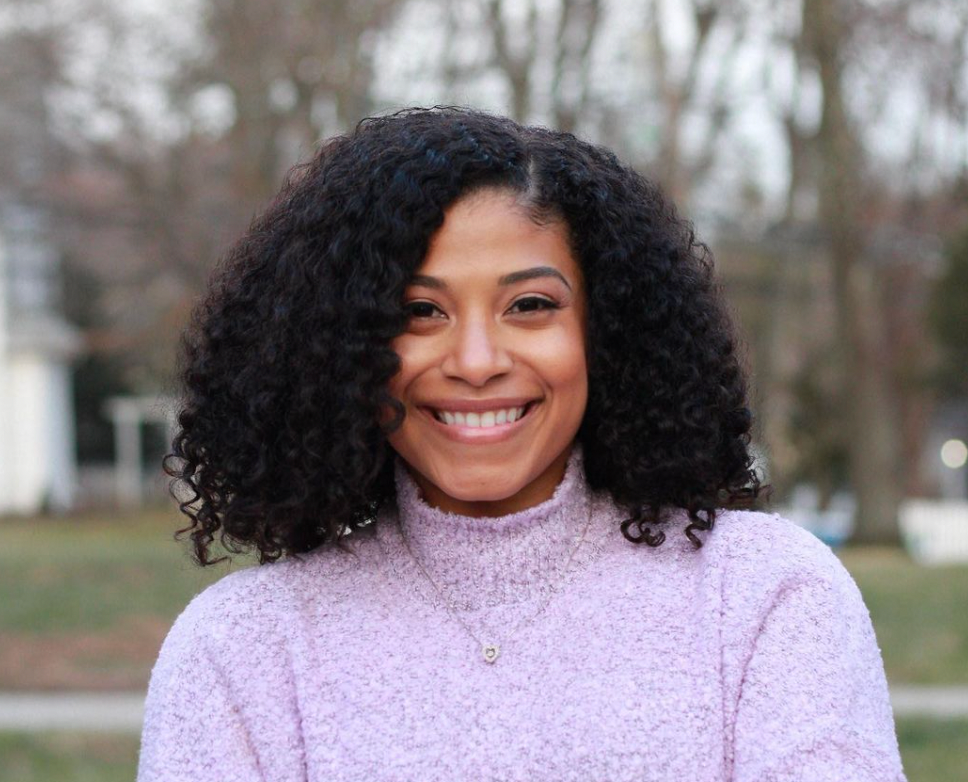Post Contributor: Qiana Drew
When I was diagnosed with diabetes, I had no clue how much it would impact my life. Using the terms pre-diabetes and post-diabetes is how I draw a line between what my life was like before and after the diagnosis. Similarly, we use the terms pre-covid and post-covid to paint the distinction between our lives before and after a pandemic.
Before diabetes, I never thought about what it meant to take care of my body so that I may preserve my health. I had the most basic understanding of nutrition. I thought that since I eat vegetables, I could manage this condition by loading up my plate with mostly greens and a side of protein like the doctor mentioned. Little did I know about the main macros that make up a plate - the one we eat in abundance, carbohydrates.
After diagnosis, I learned that our bodies break down all carbohydrates to glucose and that insulin is the hormone that allows our body to store glucose and use it for energy.
I would have to inject this hormone to manage my condition for the rest of my life.
The pressure of trying to keep my blood glucose in range (80 - 120 mg/dl) was overwhelming, and missing the mark was often followed by shame attached to the feeling of failure. I missed the simple joys of my old life, where I could go to a movie and eat all the popcorn, candy, and nachos freely without counting carbs, thinking about how awful my blood sugar may be soon after.
What I wish someone told me was that staying within normal range all the time was not realistic because of diabetes and that what I needed to do was aim to be as close to in range as possible, and develop strategies that would quickly help get me back there whenever I fall out of range. Our time in range (TIR) helps minimize diabetes complications, but beating yourself up trying to have perfect glucose numbers all the time, leads to diabetes burnout.
I also wish someone had told me how to develop a new relationship with food. One of the most significant pain points for people with diabetes is what to eat and how much to eat. “Food” is consumed not only for fuel, but we also eat when we celebrate, when we gather with family and friends, and to feed some of our emotions. When you have diabetes, the simple joy of eating without a thought about how it may affect your blood sugar is not possible unless you decide to ignore diabetes, which is always a bad idea. It means you’re choosing to neglect your health, but due to the overwhelm of dealing with the ongoing, 24/7 management of diabetes, it’s something that happens - it happened to me.
What helped me to establish a better relationship with food is reconnecting to the joy food can bring again— allowing myself to feel the excitement and not worry when I see the holiday table spread, ordering some dessert with my friends while we’re out to dinner, and having a scoop of gelato. Diabetes is a learning game. Taking the time to learn my blood sugar patterns and what foods are more challenging than others influenced a new way of thinking about my food choices.
It takes patience and practice to develop a new way of being, but I’m happy to say I’ve reclaimed the joy of eating in the same way Joydays is helping people reclaim the joy of snacking. The more we educate ourselves, and take intentional and informed action in managing our diabetes, the less fearful we become about how food will spike our blood sugars, and the more present we can be for all the other beautiful, important moments of our life.
